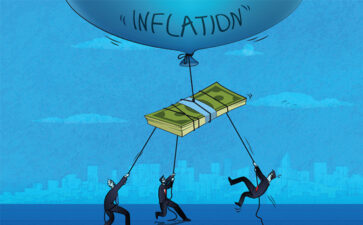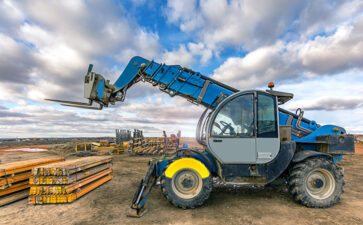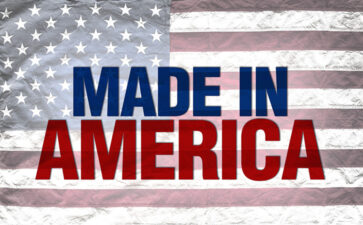What Does Pneumatic Tires Mean?
There can be no denying that the tires used by heavy equipment are integral to their safe and efficient operation. But how much do you really know about the tires your machines are fitted with? One type that offers many benefits to a range of industries is pneumatic tires. If you’re wondering exactly what they are and how they work, you’ve come to the right place.
For more than 50 years, Carlisle TyrFil has been recognized as the leading global supplier of polyurethane tire fill and productivity technologies for off-the-road equipment tires, OEM, and aftermarket. Contact us today to discuss your pneumatic tire needs in more detail.
What Are Pneumatic Tires?
A pneumatic system transmits force and energy via pressurized air (or gas, such as nitrogen). Another name for a jackhammer, for example, is a pneumatic drill because it uses compressed air to quickly move the metal point up and down. The job of a tire, however, is completely different.
There are two kinds of pneumatic tires on the market:
When we refer to air-filled pneumatic tires, what we’re really saying is that they’re filled with pressurized air. The outside of the tire is composed of thick tread-molded rubber (which has typically been reinforced by steel belting) with layers of rubber-coated polyester (known as ‘piles’) underneath. Inside the tire is an airtight core that has been filled with pressurized air.
Solid pneumatic tires, on the other hand, are made of solid 100% rubber. This makes them more expensive than their air-filled counterparts, but it has given them a reputation for being more ‘puncture-proof’.
How Do Pneumatic Tires Work?
Regardless of whether you’ve opted for air-filled or solid tires, their function is similar. The air pressure inside of the tire is greater than the atmospheric air pressure. This means that the tire can easily carry loads without going flat or losing pressure.
When dealing with air-filled pneumatic tires, you will need to ensure that the tire pressure is correct to enjoy these benefits. This means that the tires will need to be checked and topped up periodically.
An alternative to this is to replace the air inside your tires with a No Flat solution, such as TyrFil Flatproofing. This is a polyurethane liquid that is pumped in through the valve to replace the air. The tire is then pressurized using the urethane and, within 24 to 48 hours, it has cured to form a synthetic elastomer core that never goes flat.
What are the Benefits of Pneumatic Tires?
When working with heavy equipment, from forklifts and baggage carts to front-end loaders and trenchers, pneumatic tires can offer several benefits. The main ones include:
- Shock Absorption
Did you know that bumps and jolts from uneven ground can cause shock to any load that’s on wheels? It can cause things to fall or even become dislodged, which can be problematic for your equipment once it reaches the other end. - Reduction in Noise Pollution
Due to the type of rubber used for these tires and the shock resistance in place, very little (if any) noise is produced. This can help to improve working conditions for your operators and other workers, as general volume levels will be lowered. - Floor Protection
The natural give and softer rubber used for pneumatic tires make them a great choice for equipment that is used primarily indoors. They won’t cause scratches, divots, or other damage to flooring surfaces. They also don’t leave unsightly black marks. - Suits Multiple Environments
Did you know that a wide variety of tread patterns are available for these tires? This means that there is a solution to suit every kind of work environment, from off-road sites to pavement or even a combination of the two. Just ensure that you choose an appropriate tread. - Reduced Downtime
As it’s virtually impossible for the tires to go flat, even if they’ve been cut into or punctured, there’ll be reduced downtime for your equipment as you won’t need to replace your tires. Not only will this ensure that projects are completed faster, it will save you money. - Smoother, More Comfortable Ride
Keeping your operators safe and comfortable is essential in all types of workplaces. Solid shock is a leading cause of operator injury and can occur when frequently driving over uneven surfaces. Pneumatic tires absorb this shock, making for a smoother and more comfortable ride.
Let Carlisle TyrFil Do The Heavy Lifting
Although pneumatic tires in general are incredibly beneficial on worksites of all kinds, opting for a No Flat solution like Carlisle TyrFil will really take your operation to the next level. Get in touch with our team today for more information on our various flatproofing solutions or to find a dealer so that you can make the switch for your heavy equipment.


